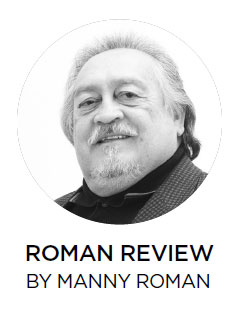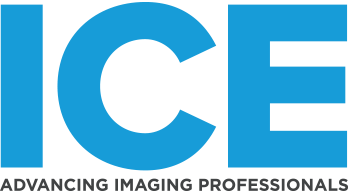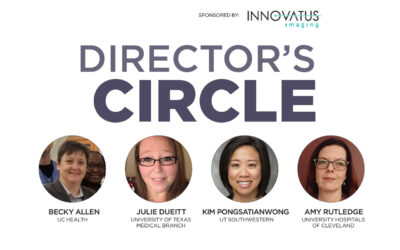 A recent conversation with a friend took an uncharacteristically serious turn recently. He divulged a long-standing regret that apparently was more prominent on his mind recently. He was visibly saddened by the result of an incident that transpired many years before. I listened with sympathy and empathy and realized that he had no control over the outcome of the event. I then pondered on what qualifies as a regret. In the dictionary and thesaurus, the word contains instances of events where we had influence and maybe control and instances where things just happened and we are sad about it. I decided to search more deeply.
A recent conversation with a friend took an uncharacteristically serious turn recently. He divulged a long-standing regret that apparently was more prominent on his mind recently. He was visibly saddened by the result of an incident that transpired many years before. I listened with sympathy and empathy and realized that he had no control over the outcome of the event. I then pondered on what qualifies as a regret. In the dictionary and thesaurus, the word contains instances of events where we had influence and maybe control and instances where things just happened and we are sad about it. I decided to search more deeply.
Daniel Pink, author and motivation expert, conducts a wonderfully informational ted.com presentation titled “4 kinds of regret – and what they teach you about yourself.” It is based on his analysis of over 16,000 regrets he collected from people in 105 countries and nearly 4,500 Americans. 82% of the respondents said they think about their life and wish they had done things differently at least occasionally and half of those think about it frequently or all the time.
At this time, it is important to disconnect regret from disappointment. Both emerge when an outcome is not what we wanted. Disappointment is when you believe that the outcome was outside your control. With regret, you believe the outcome was caused by your decisions or actions – it’s your fault, you had choices and made the wrong one. An example he gives is that a kid loses a tooth and places it under his pillow. The next morning the tooth is still there. The kid is disappointed. The parents regret not providing the expected exchange of a dollar for a tooth.
A result of the survey is that regrets can be placed into four categories. Each category provides the opportunity to learn a key lesson.
Foundation Regrets (If only I had done the work)
This is the not saving enough money and not taking care of your health type of regrets. These are the failures to be responsible, the “if only I had done the work” regrets. The types of things that allow for a stable platform for life.
Boldness Regrets (If only I had taken the chance)
This is the not speaking up, and the not starting that business, and the not asking her out type of regret. These are the “if only I had taken a chance” regrets. The I wish I had not done that rather than I wish I had. People regret not taking the chance more than having taken the chance and failed.
Moral Regrets (If only I had done the right thing)
This the not having the courage to do the right thing, not taking others into consideration type of regret, the “If only I had done the right thing” regrets. Having a well-defined value system will guide you towards doing the “right thing.”
Connection Regrets (If only I had reached out)
This is when you have or should have a relationship that comes apart, often by merely drifting apart, and you have done nothing about it. You think it will be awkward to reach out and the other party will not care. These are the “If only I had reached out” regrets.
So, what to do? Regrets are a negative of life so understanding what we regret the most is understanding what we value the most. We need stability, we want to learn and grow, we want to do the right thing, and we want to have strong connections with others. Regrets demonstrate the way to a good life and can guide us into the future.
We need to reframe the regrets so we can learn from them. First be compassionate and kind to yourself. Second, disclose it to yourself or others. Disclosure relieves some of the burden, provides concrete definition and “defangs” the regret. Mr. Pink says that “when we disclose our vulnerabilities and our weaknesses, people don’t like us less, they actually like us more.”
In grade school, there was a guy who sold candy to the kids near the school. He sometimes sold it on credit. I regret that I left Puerto Rico as a 10-year-old without having paid the two or three cents that I owed. As dumb as that may sound to you, it has bothered me deeply and often. Regrets are highly personal. Do you like me more now?
Finally, extract a lesson from the regrets. Use them to enhance future decisions and actions. Yogi Berra is credited with saying, “When you come to a fork in the road, take it.” Attach the following to that, “Use your regrets to help you choose the correct fork, for you.”
Manny Roman, CRES, is association business operations manager at Association of Medical Service Providers.







